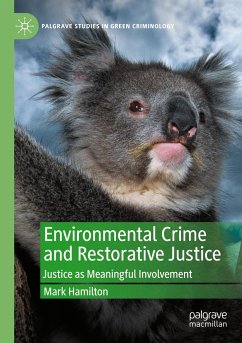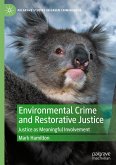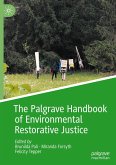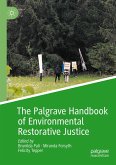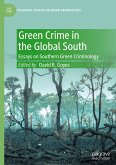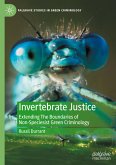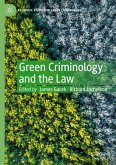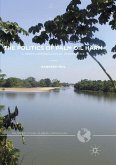This book explores the use of restorative justice approaches in the context of environmental crimes. It critically assesses regular criminal justice approaches with regard to green crimes and explores restorative justice conferencing as an alternative. Focussing on justice approaches in Australia and New Zealand, it argues that court processes following environmental offending provide minimal to no offender and victim voice, interaction, and input, rendering them invisible. It proposes a third measure of justice - that of meaningful involvement, beyond that of fair procedure and outcome. It suggests the use of restorative justice conferencing, a facilitated dialogue between stakeholders to crime or conflict, as a vehicle to operationalise and achieve justice as meaningful involvement. This book speaks to those interested in green criminology, victimology and environmental law.
Bitte wählen Sie Ihr Anliegen aus.
Rechnungen
Retourenschein anfordern
Bestellstatus
Storno

